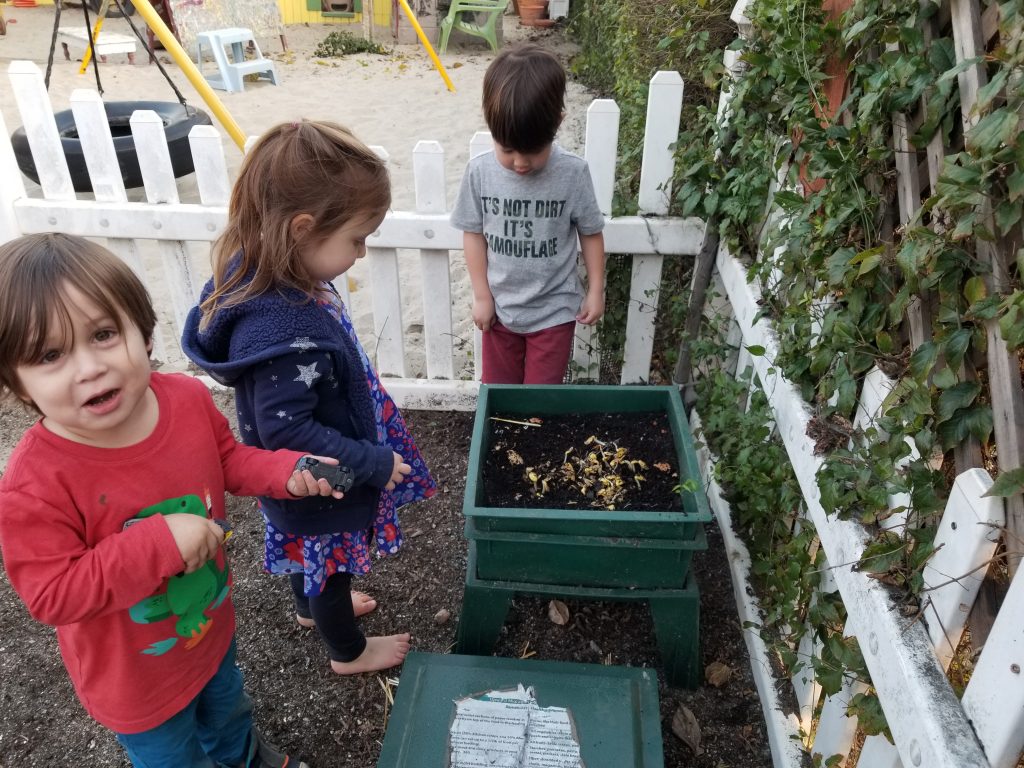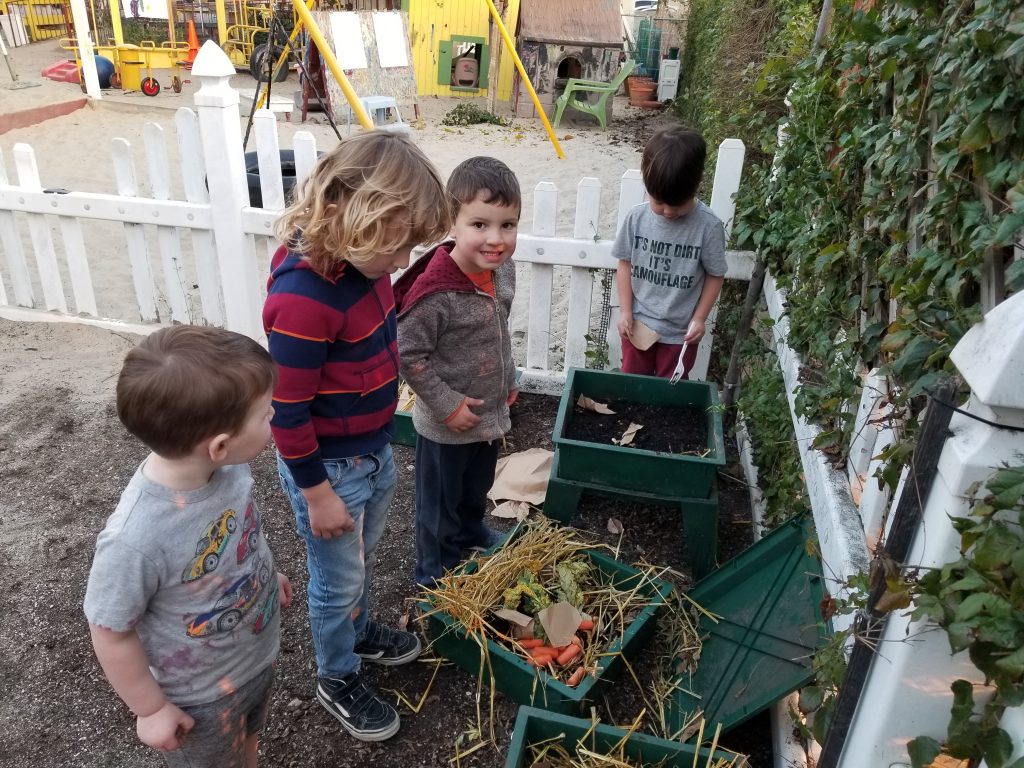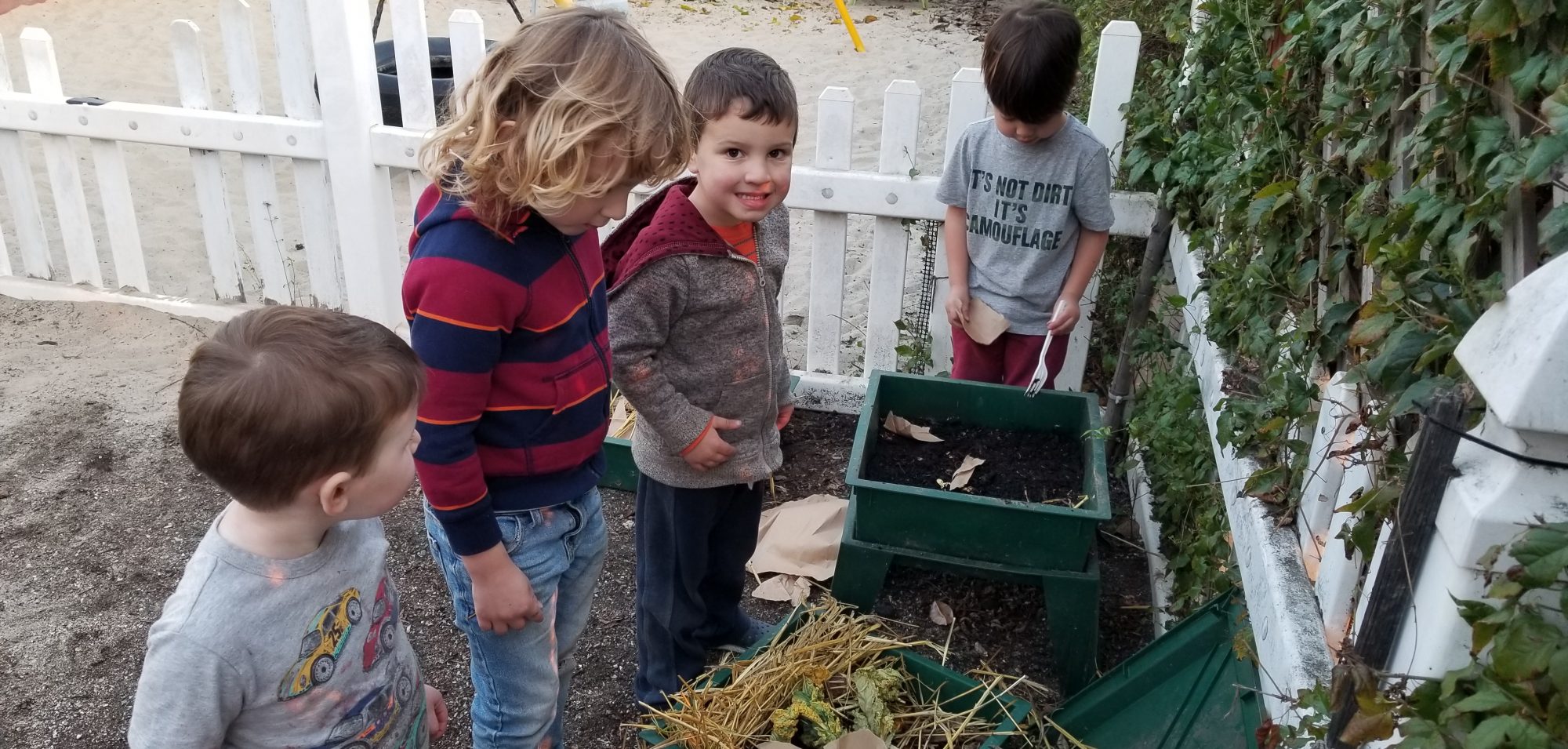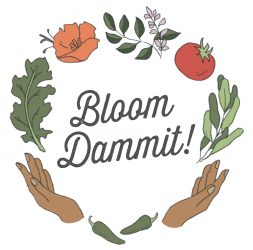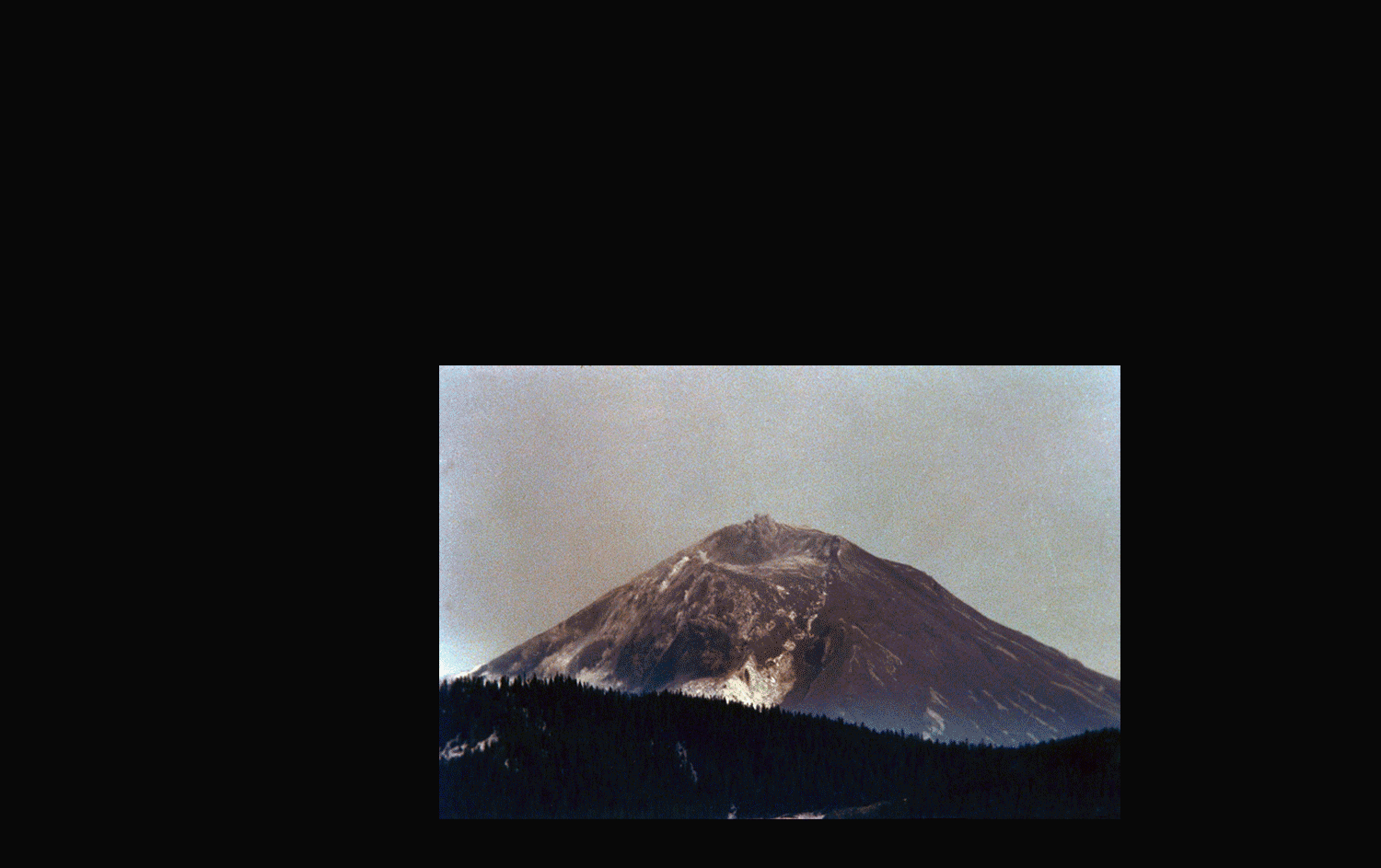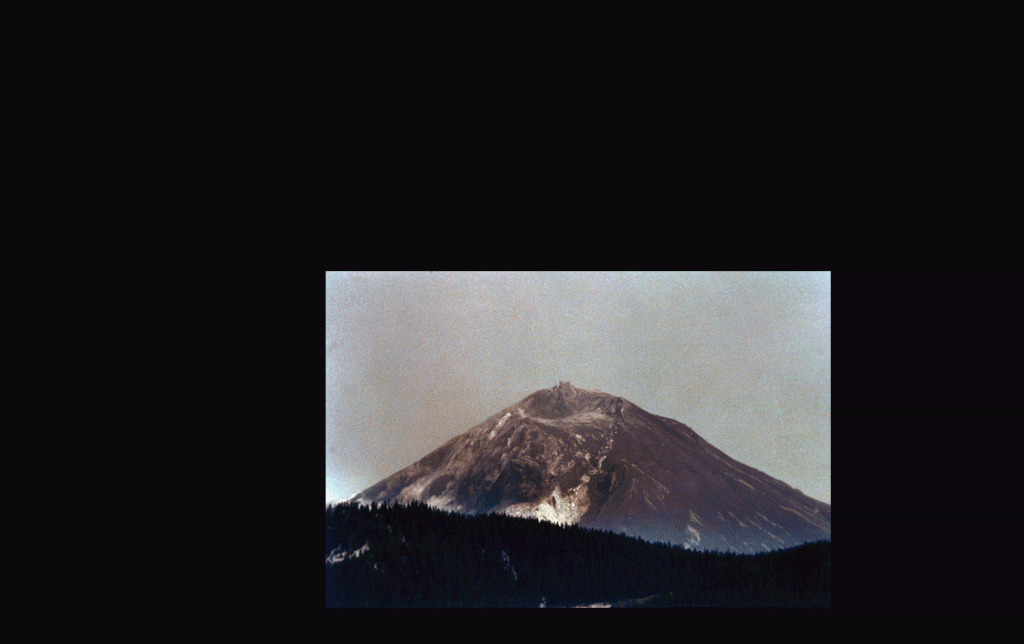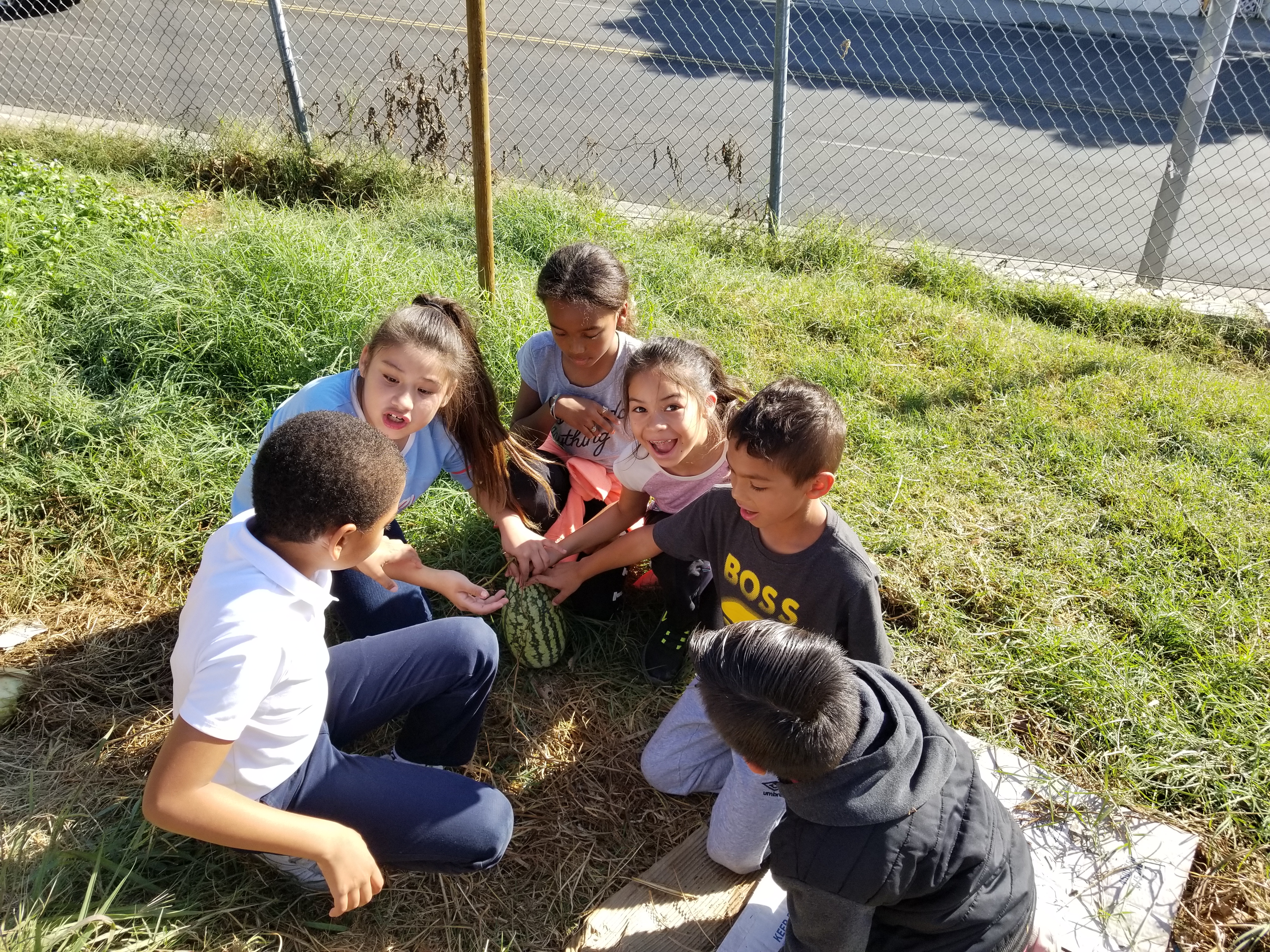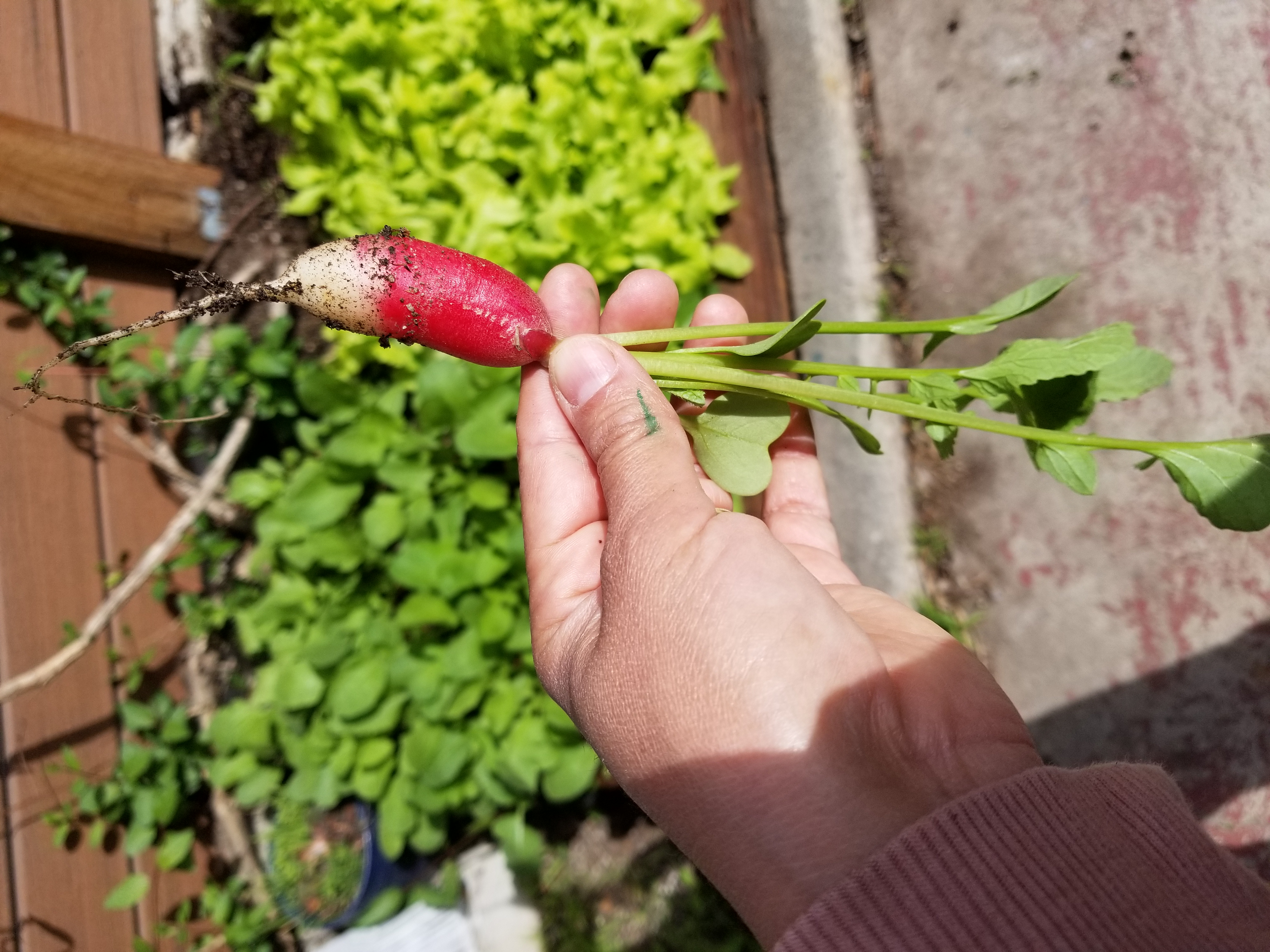There is so much to say at the moment but honestly, I’m burnt out from Covid and the attempted coup. This is what 2021 feels like for me.
Ground water – aquifers
When I first spoke to my friend Kreigh, who I swear is light years ahead in terms of understanding how our ecosystem works, and generally being gentle with how he uses things. Generally lives lightly, which is wonderful to see as an example. Anyway, speaking to Kreigh he would talk about water percolation tables, aquifers and regenerating water availability. I was just lost. full stop. LOST.
Recently, I started this soils class and it is all encompassing, it connects the dots between the biosphere and rhizosphere. This weeks assignment was learning how to use publicly available websites and data tables to understand trends going on with aquifers.
explore here: https://waterdata.usgs.gov/nwis/qw
I’m still learning so take it with a grain of salt, but you’re able to look at data by map and constrain the data by county. The larger counties like Los Angeles and San Bernardino County will take a long time to load, so be patient. I gave up because I thought my computer was crashing.
It is super useful when making observations about the decrease of water in our aquifers nationwide, but also useful when it comes to seeing how closely our water and oil wells are interconnected. Living in Los Angeles, I often think of fracking as this abstract term that is bad. Well, because it is. What I need to do is make the connection that my electricity turns on due to the natural gases extracted from shale via fracking. How is that for getting you to turn off your lights. The other connection is that these wells are not lined with cement, plastics, magical dust that protects water. The interconnectedness of our planet is both beautiful and frightening. Look at wells so close to your water and let me know what you think.
Please leave your thoughts below, and let me know if you have questions. As I’d like to address them in future posts.
unboxing
I’m taking a solid soils class at Pasadena City College with Dr. Vendrasco. Let’s start there. My friend Mel previously took this class and I was looking forward to signing up for it. The projects we’ve worked on have been distance projects since Covid has really halted most in-person classes, even some with labs have been impacted.
Dr. Vendrasco put these really sweet soil kits together for us, they’re just so precious. Am I nerd? a soil nerd? maybe, I mean I can aspire to be.
I guess if you start getting into plants, it depends how deep down the wormhole you want to go down. I took an oceanography class during the summer and really felt like the plate tectonics foundation was very useful when understanding origins of soils.
We have so many wonderful landscapes in the US and it’s nice to learn about some that may be a few states away but with a very different soil structure than what we’re used to in Southern California.
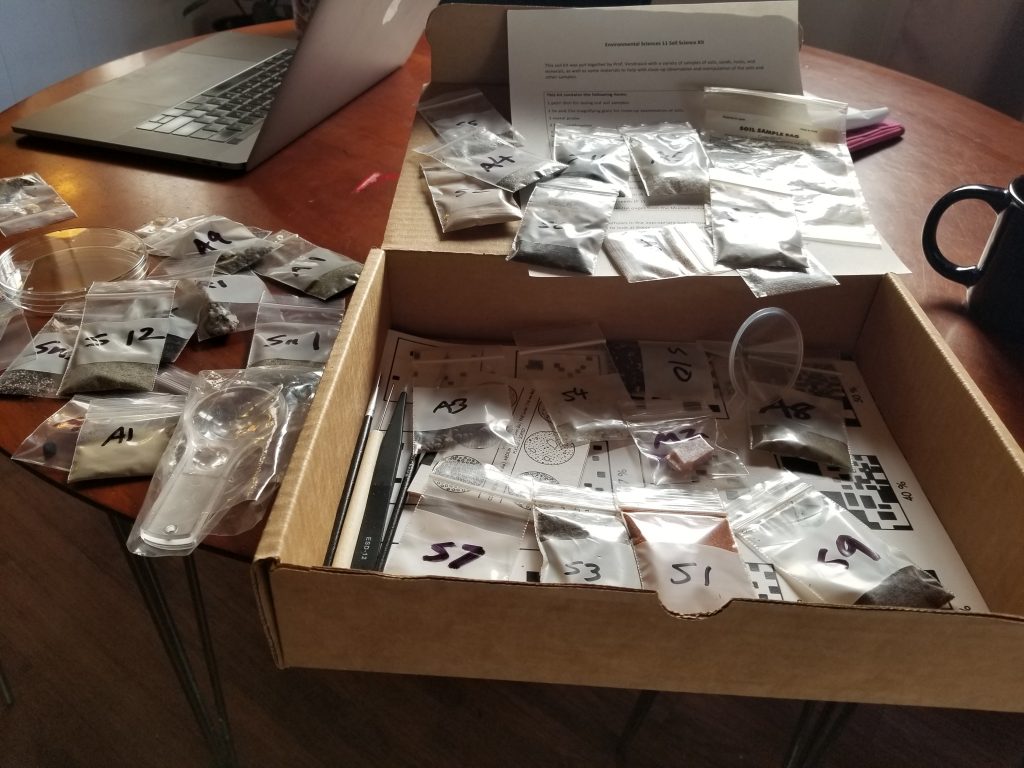
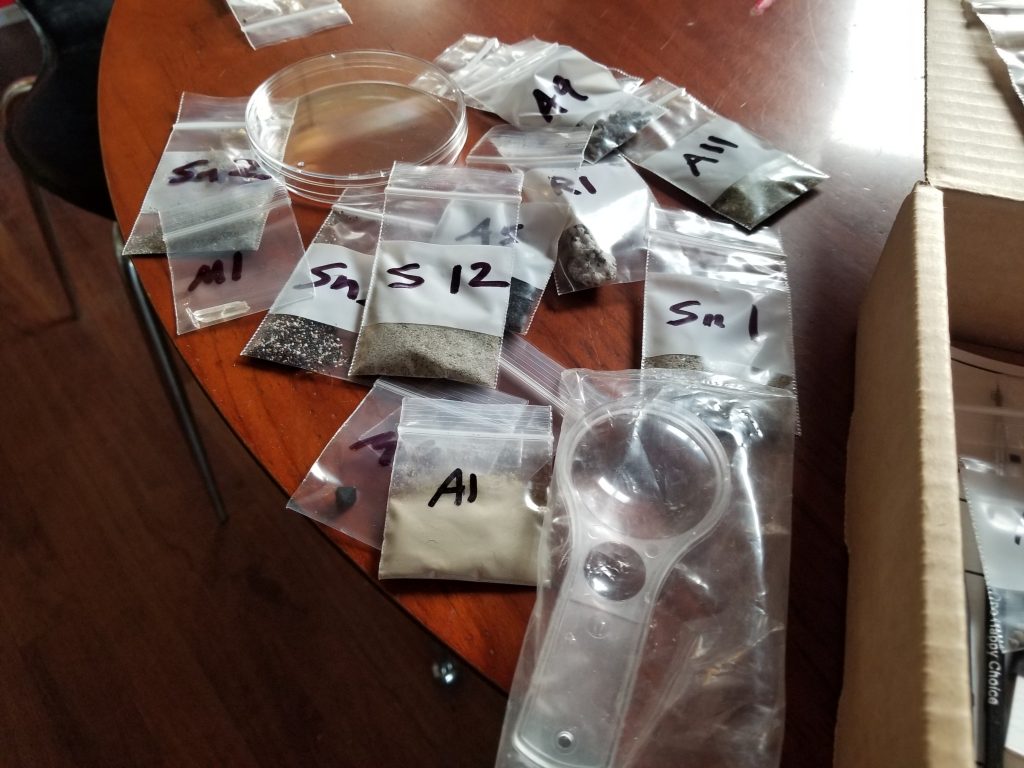
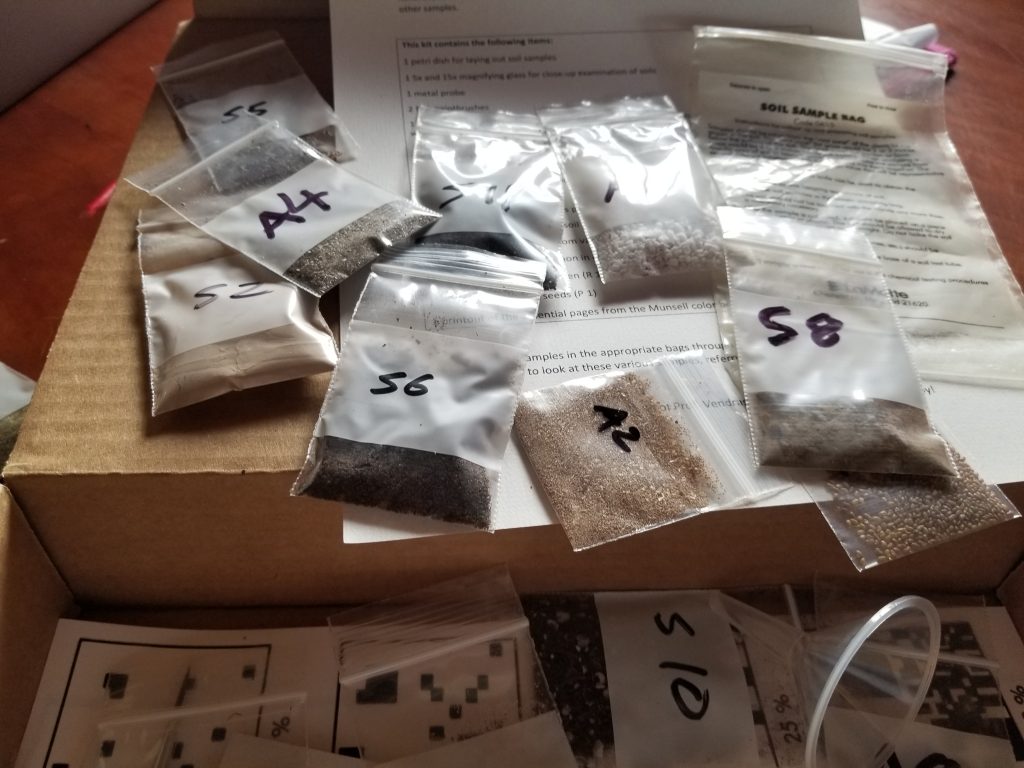
Taking soil class at pcc
OK, so I signed up for a soils class – it was recommended by a friend and I’m in week 2 and I love it. If you have time next year around this time to take it, do it! The professor is kind and nurturing – which to be honest, has been my experience with all of my professors at Pasadena City College. I’m taking this class to learn how to heal some of the damage we have impacted on our urban soils, and to see how to maximize yields in a natural way that doesn’t add chemicals to the process. Here is cool video to watch and learn about cover crops.
Garden in place workshop
The LA County Master Gardeners have been hosting a Tuesday morning workshop on gardening. Here is a video Diego and I worked on – good for understanding space and expectations of a toddler in the garden.
Often, we think that we’re going to have a beautiful garden, like those in magazines. Really, it’s a challenge to maintain a garden like that, and even more of challenge to have grown up expectations of kids.
Check this out and start feeding your curiosity – kids can garden, but we need to manage our expectations of what gardening will look like for them.
Worm composting
I wrote a powerpoint presentation for a Master Gardener Stay in Place workshop. You can find it here on Slide Share: https://www.slideshare.net/AlexArciniega1/how-to-start-worm-composting
Starting garden projects with kids
Hey folks! It’s been a busy few weeks and with news that we will have to hunker down a little longer, I wanted to put together some quick tips for starting a small garden with kids. Feel free to click through the slides and videos and feel inspired!
Find the slideshare here: https://www.slideshare.net/AlexArciniega1/omg-arciniega-kids
Gardening in the age of coronavirus
There are so many things to talk about but I haven’t been able to slow down. Today, I am sick, in bed. It really sucks. While I’m down for the count and trying not to be scared and just slow down.
I want to post a how to get started guide, since I’m seeing a lot of activity online from people who want to get garden started.
- find the space you want to use. Meaning, where is the area that you envision your garden. You can grow something whether you’re on a balcony or you have a lot of space.
- how much sun do you get during the day? The reason why I ask you to pay attention to this is because you need to find a natural system that works. You don’t want lettuce getting blasted by 12+ hours of sun a day.
- A water source is important, you want accessibility for either a drip system or a close enough water source if you plan on handwatering.
- What zone are you in? Determine your zone so you know when your frost dates hit, what you can grow in your area, and so on. You will learn more and more through experience but this is a good space to start.
- Find a reputable nursery in your area, one where you can ask questions. Find a seed company while you’re at it. I like rareseeds.com and seedsavers.org.
- Find a support group, some friends who you can bounce ideas with and learn and share.
Kitchen garden in late winter
I really like to work on kitchen gardens, and that seems like an understatement. I love to work on kitchen gardens, and I really enjoy setting up the soil and rolling the sandy soil between my fingers. Rolling the sand, I get to see what the grains look like and see what I can do with the soil to get it to a level where you can grow some edible plants. I love seeing my clients light up when they realize they have grown their own lettuce from seed, and they can just pick a beautiful french radish from the soil and snack away in the late morning. It’s so great to anticipate and plan for weather changes and transition a garden from one season to the next.
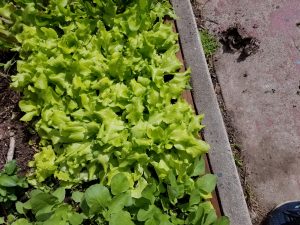
Check out Laura’s kitchen garden. Laura is an amazing client and friend to have, not only because she’s incredibly smart, incredibly tuned into her garden but also because she can be a challenge in the best of ways. She’s a scientist and my explanations with her are always initially concise but she wants to learn more and know more about how plants grow, why they do the things they do and she really keeps me on my toes. I like just winging it, and feeling the changes but she is great at working with me on reasons why things work the way they do.
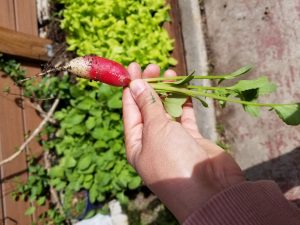
let’s just say, I never have to explain transpiration to her. Anyway, check out the yield she’s been getting. This is all hand watering and an abundant supply of compost, grown on site from her hearty compost bin with worms.
Worm composting with preschoolers
About three months ago we donated some red wigglers to Grandview Preschool. I have sadly been too wrapped up with work to tend to them as well as I should have. The good news is that it’s been rather chilly and the worms do well with this type of weather.
I asked the kids to feed the worms, we gave them some food that was in my fridge a little too long and I hope to be able to repurpose any leftover food and give them to our wiggly buddies. The long term goal is to have the preschool incorporate the chickens that they keep and the worms into their ecosystem of food waste. For now, we will take baby steps until the kids and teachers become acclimated to the changes.
Here is more information on red worm composting: https://unclejimswormfarm.com/red-worms-eat-compost/
